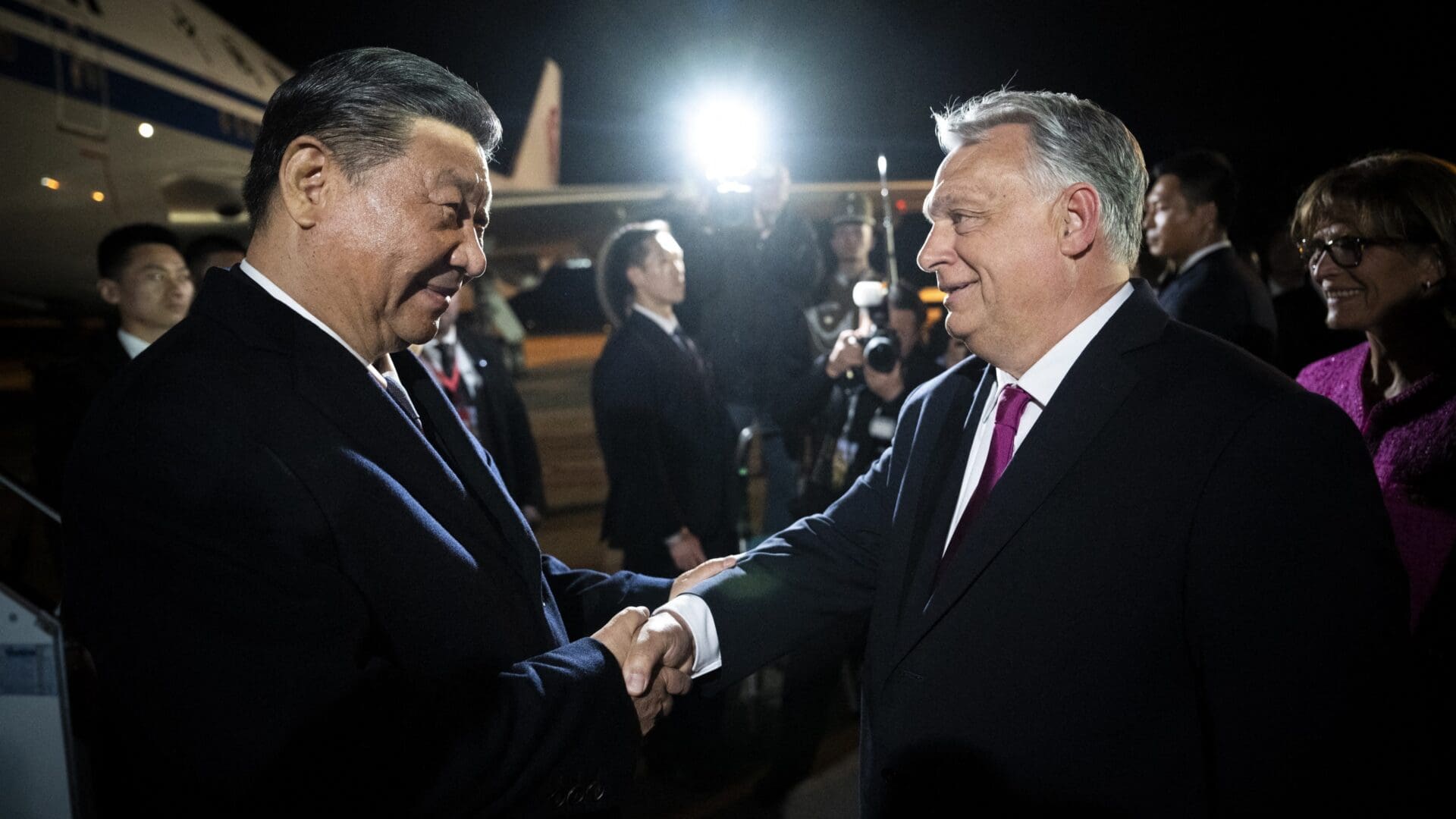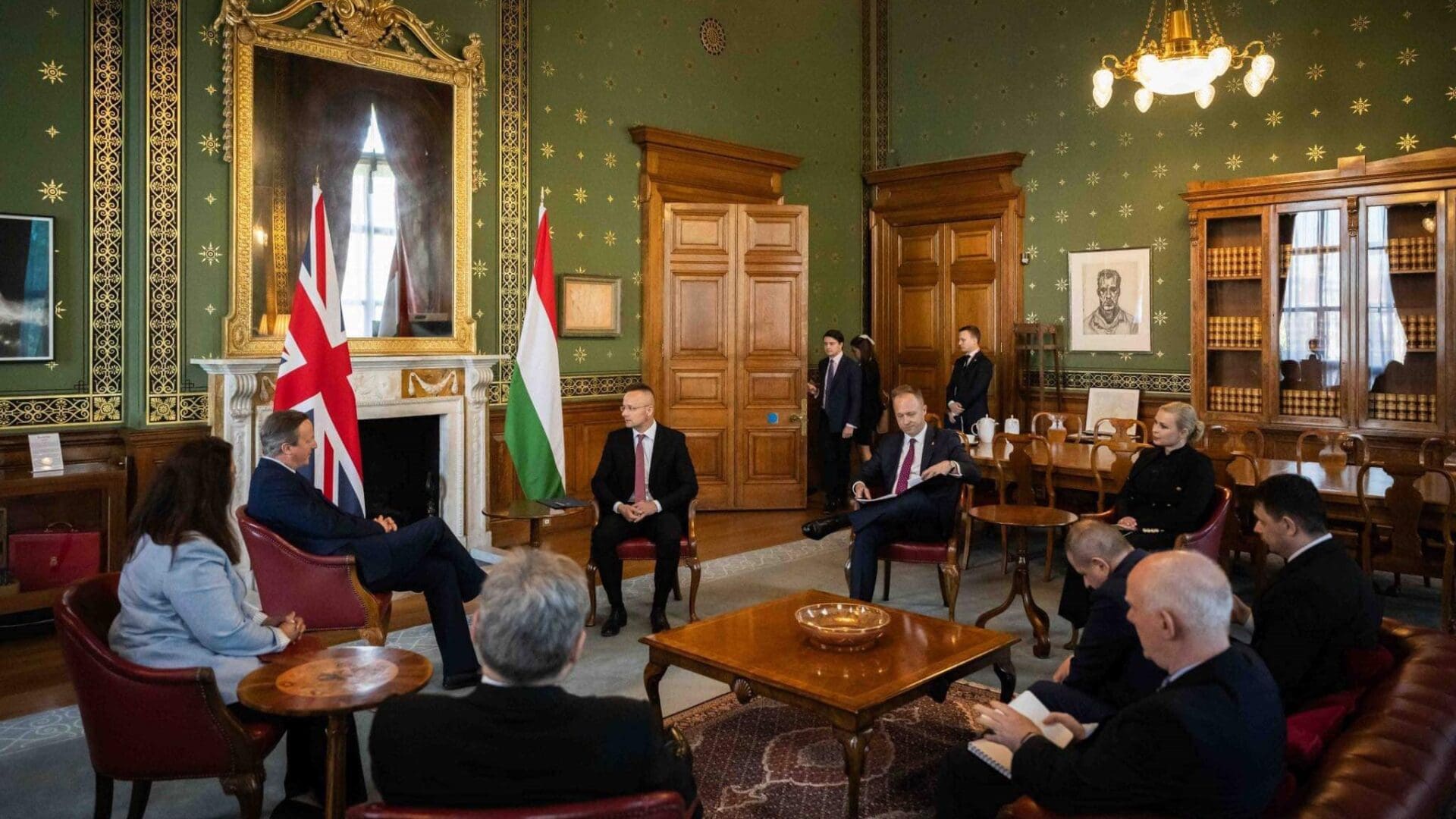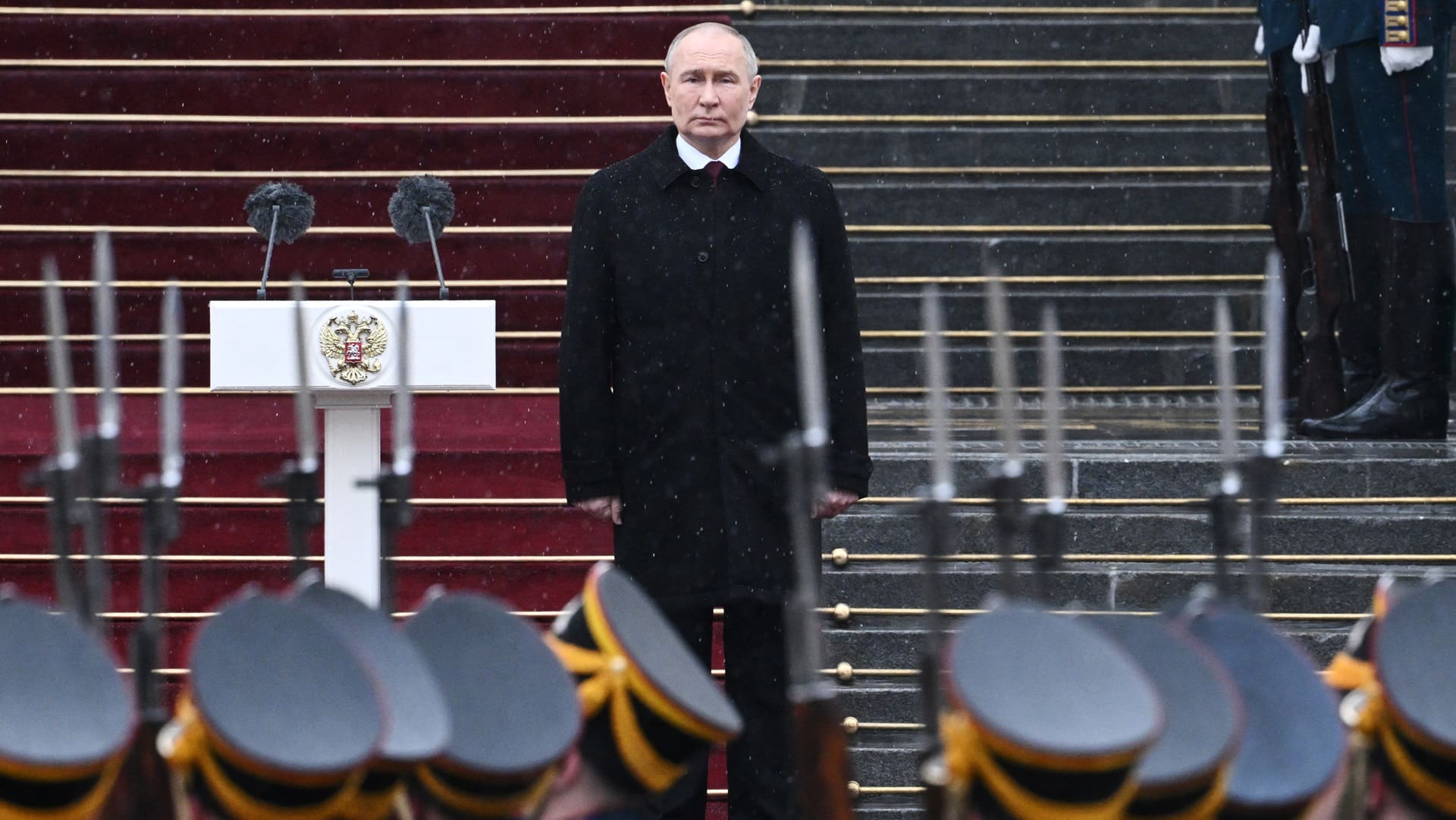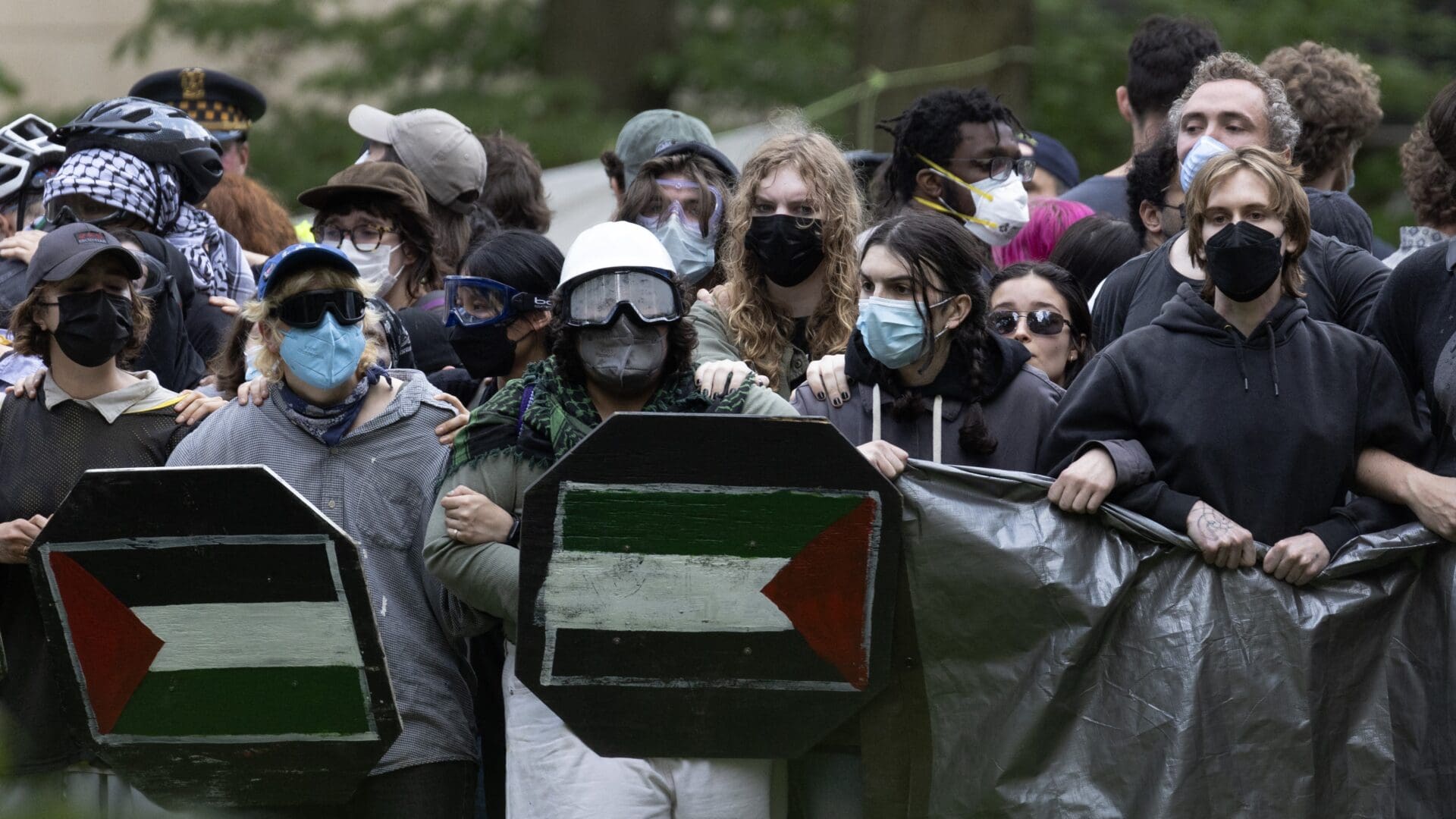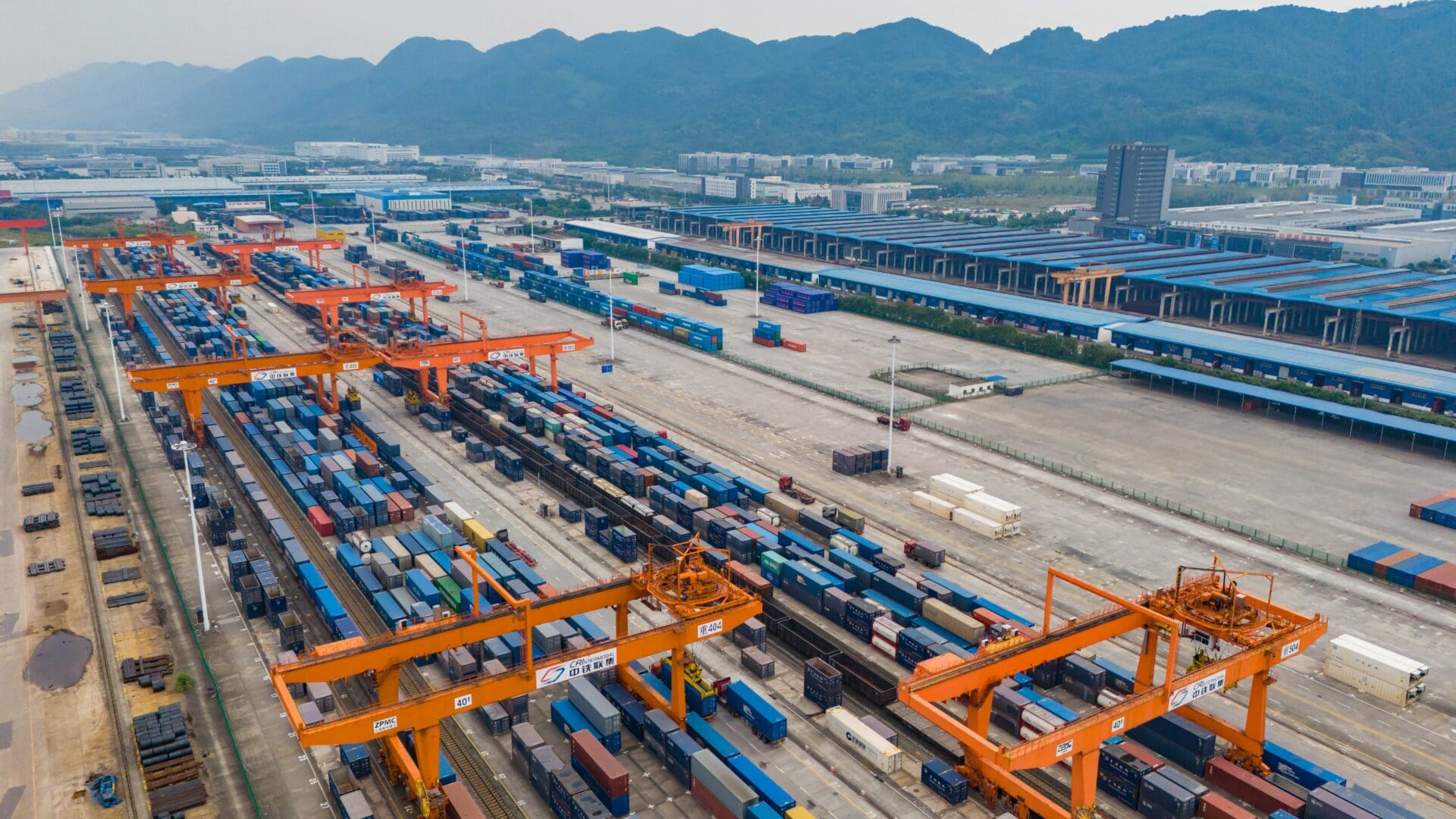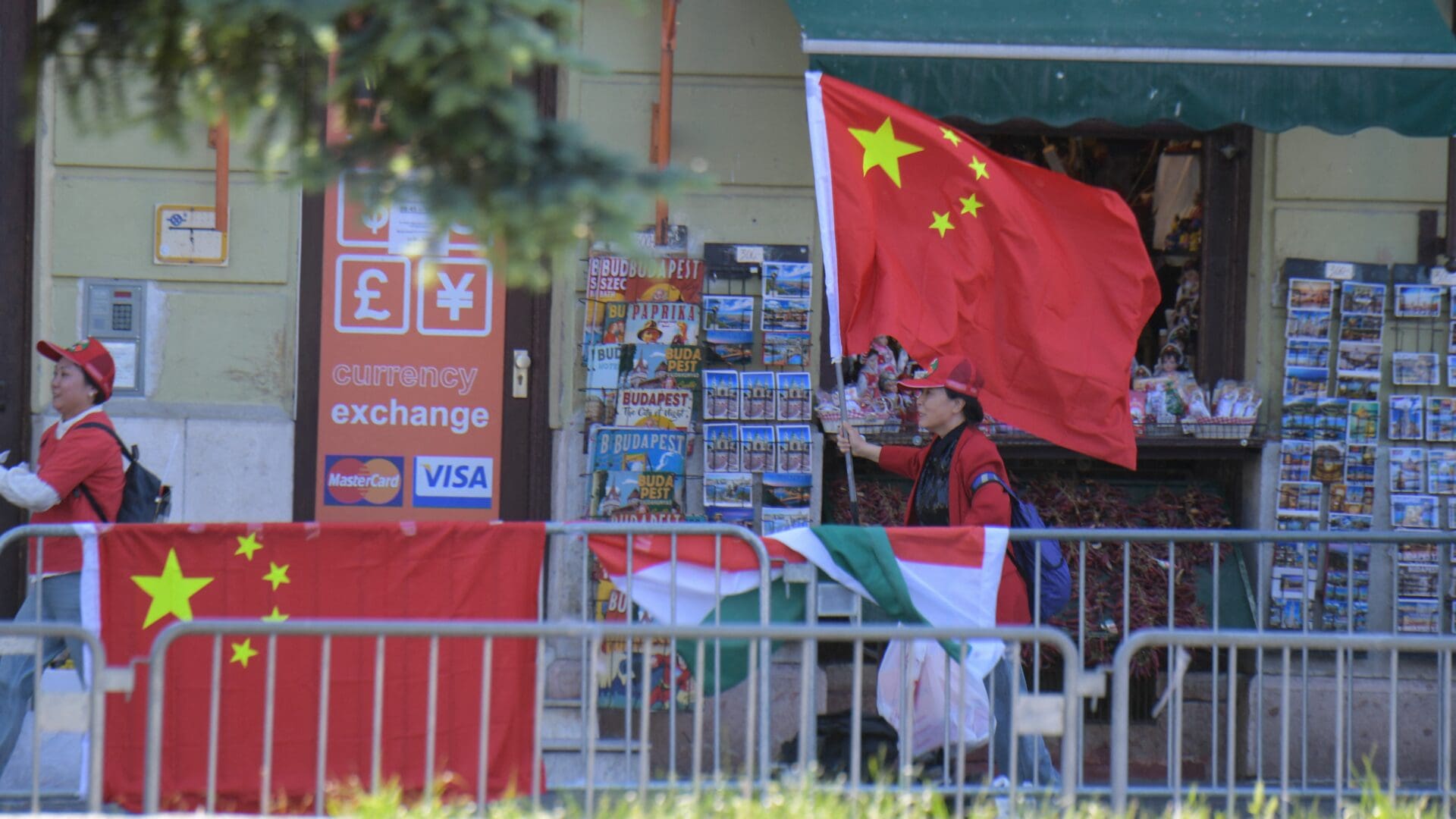
Chinese Investments in Serbia and Hungary – Filling the Void Left by the US?
‘Hungary insists on following its own path: it stands up for its sovereignty, it defends families, its borders, and its economy. At the same time, it is open to the world, and wants to engage with all players around the globe, which includes skilfully attracting investments from the East, including Asia. But it does not want to lecture other countries; it does not want to be on bad terms with other countries, and it does not want to get into ideological debates. It wants growth, it wants security, and it wants peace.’




